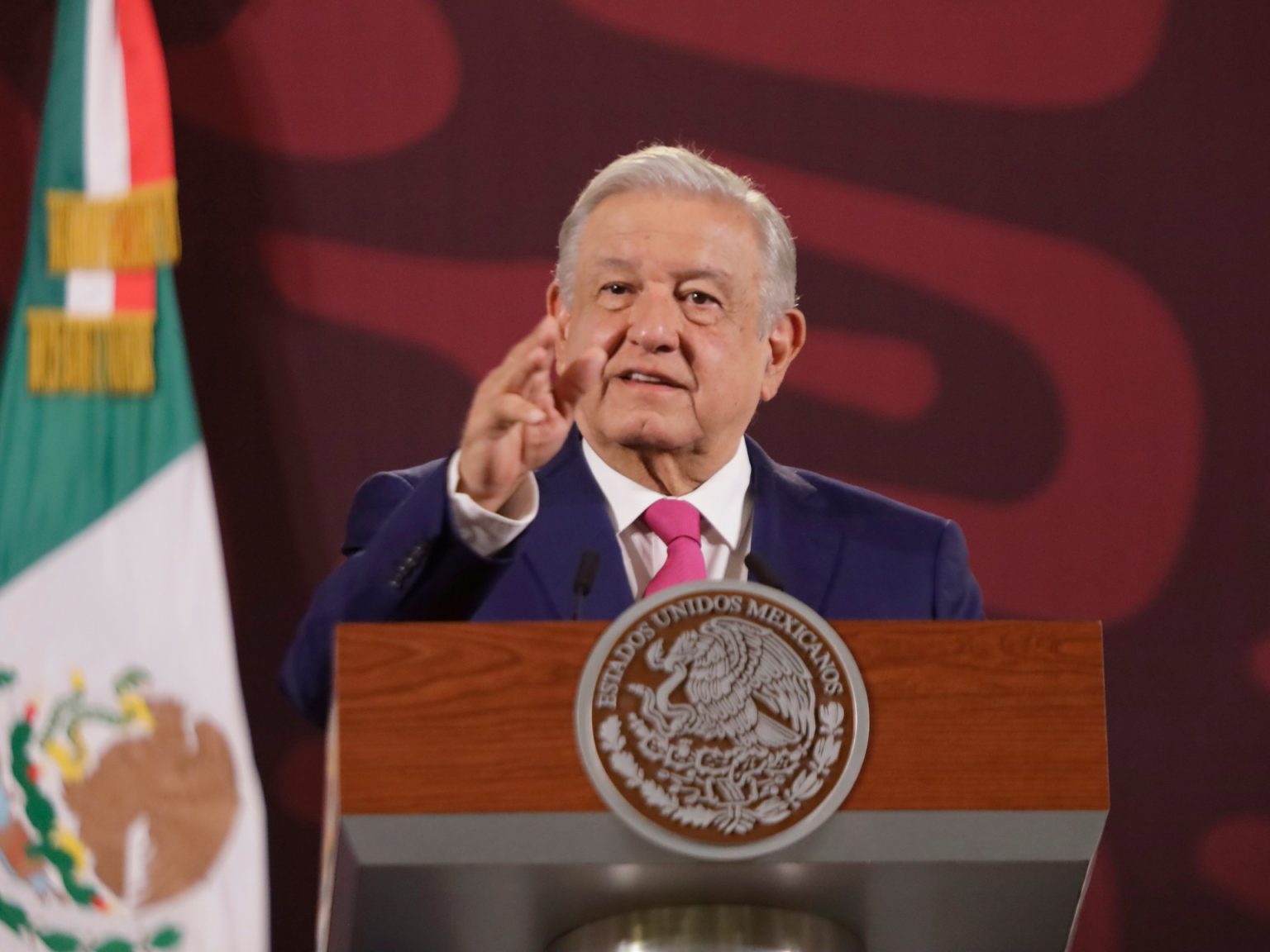Mexican President Andres Manuel Lopez Obrador, also known as AMLO, has faced criticism from the United States over his proposed judicial overhaul, which includes putting judges up for election. The US Ambassador to Mexico, Ken Salazar, warned that the changes could threaten the historic commercial relationship between the two countries. In response, Lopez Obrador described the criticism as disrespectful to Mexico’s national sovereignty and announced that the Mexican government would send a diplomatic note to the US, calling the comments an unacceptable interference and a violation of Mexico’s sovereignty.
Lopez Obrador has long been at odds with Mexico’s judicial branch, which he has accused of being part of a “mafia” that opposes him. He has framed his proposed judicial reform as a way of cleaning up corruption in the courts. Under his plan, virtually anyone with a law degree could be nominated to serve as a judge, with final candidates being put to a popular vote after vetting by special committees created by each branch of the government. Although the reform has not been approved yet, Lopez Obrador is pushing it as one of the final major goals of his presidency, which is limited to one six-year term.
The proposed judicial reforms have sparked widespread controversy and opposition in Mexico. Federal court workers, judges, and academics have gone on strike, warning that the changes could lead to politically biased judges being appointed and a loss of judicial independence. Critics fear that the reform is an attempt by Lopez Obrador to weaken the independence of the judiciary and consolidate power for his Morena party. A constitutional change is required for the plan to be enacted, necessitating a two-thirds majority in both chambers of Congress.
The US ambassador and Canada’s ambassador to Mexico have both expressed concerns about the proposed judicial reforms. Salazar warned that the direct election of judges represents a risk to Mexico’s democracy and the integration of the American, Mexican, and Canadian economies. Likewise, Clark stated that investors are concerned about the stability of the judicial system and the need for a judiciary that functions effectively in times of trouble. Both ambassadors acknowledged the importance of addressing corruption in the Mexican government but raised alarm over the potential risks posed by the proposed reforms.
As the newly elected Congress in Mexico is set to take office on September 1, the fate of the proposed judicial overhaul remains uncertain. Lopez Obrador’s hand-picked successor, President-elect Claudia Sheinbaum, has defended the proposal, and the Morena party holds a supermajority in the lower chamber of Congress. Critics worry that the changes could lead to one party controlling all three branches of government and undermining the system of checks and balances. Law professor Julio Rios Figueroa warned that the reforms could create chaos and uncertainty, as well as erode judicial independence and autonomy in Mexico.
In conclusion, the proposed judicial reforms in Mexico have sparked a heated debate both domestically and internationally. While Lopez Obrador views the changes as a necessary step to clean up corruption in the courts, critics fear that they could pave the way for politically biased judges and weaken the independence of the judiciary. The response from the United States and Canada reflects concerns about the potential impact on democracy and economic stability in the region. As the Mexican government moves forward with its plans, the future of the country’s judiciary and its democratic institutions hangs in the balance.


